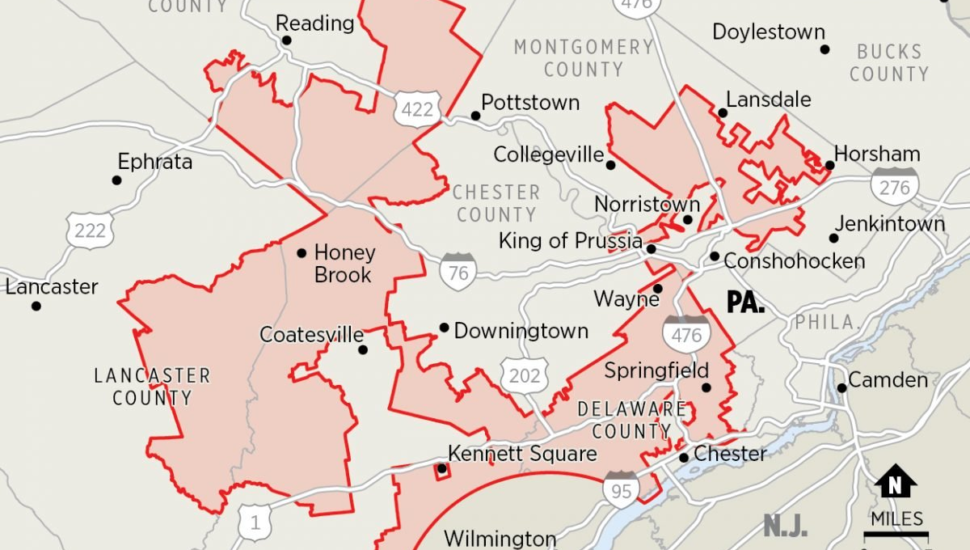Eliminating Gerrymandering Would Help the Local Economy

Pennsylvania’s Seventh Congressional District that includes parts of Chester and Delaware counties has long been a textbook example of gerrymandering, writes Joel Naroff for the Philadelphia Inquirer.
This artificial process has often been used to create a bias for one party that stifles competing economic ideas. It also adds to the division between the parties, and heightens political dysfunction.
The scary consequences of gerrymandering on Pennsylvania’s economic policy-making have been evident for years now. Politicians have been taking stands on issues that motivate their base, despite the problems this can create.
One of the best examples is gasoline tax. Instead of raising the tax on retail gasoline, the legislature increased the wholesale gasoline tax, knowing the cost would be passed on to the consumer. This gave the perception that it was the wholesalers who had raised the price, not the legislators.
As a result, Pennsylvania has the highest gasoline tax in the country, caused by the same legislators who claim they are against raising taxes.
Similar tactics are used in Philadelphia, where council members worry more about political concerns than in building the city.
Read more about gerrymandering in the Philadelphia Inquirer here, and check out previous VISTA Today coverage of the issue here.
Join Our Community
Never miss a Delaware County story!
"*" indicates required fields











![95000-1023_ACJ_BannerAd[1]](https://delco.today/wp-content/uploads/sites/3/2023/03/95000-1023_ACJ_BannerAd1.jpg)




















